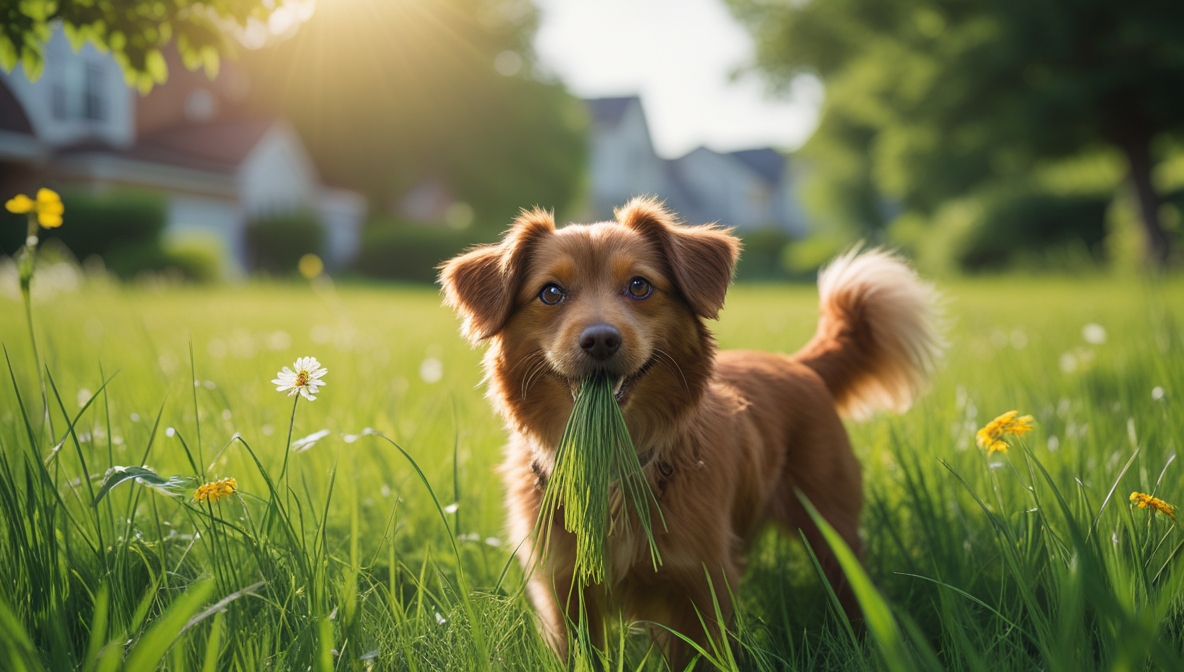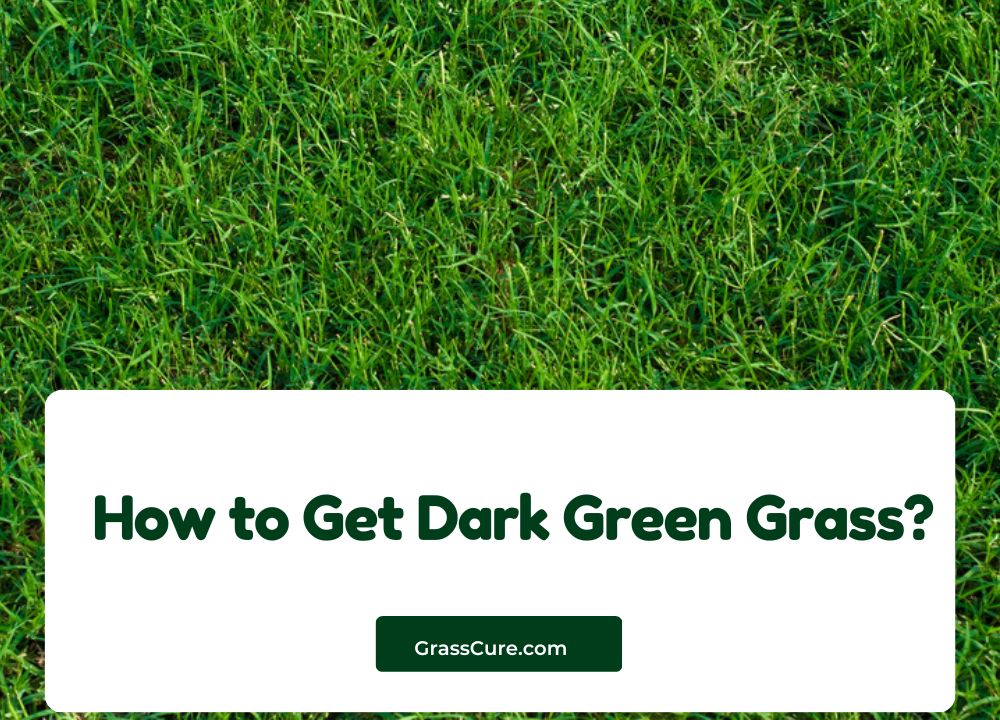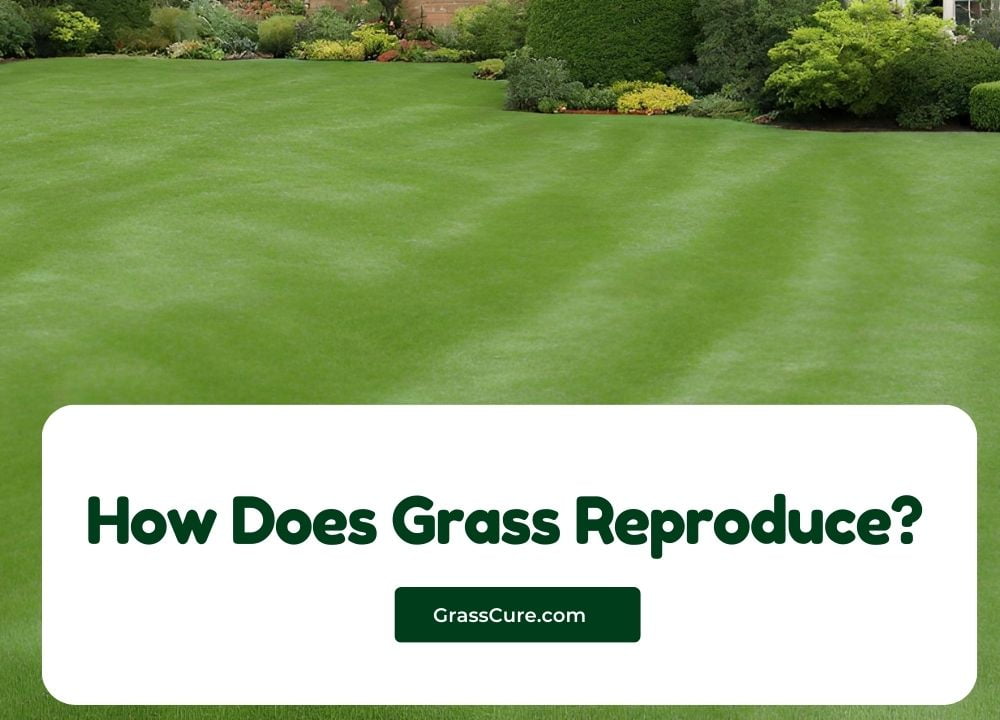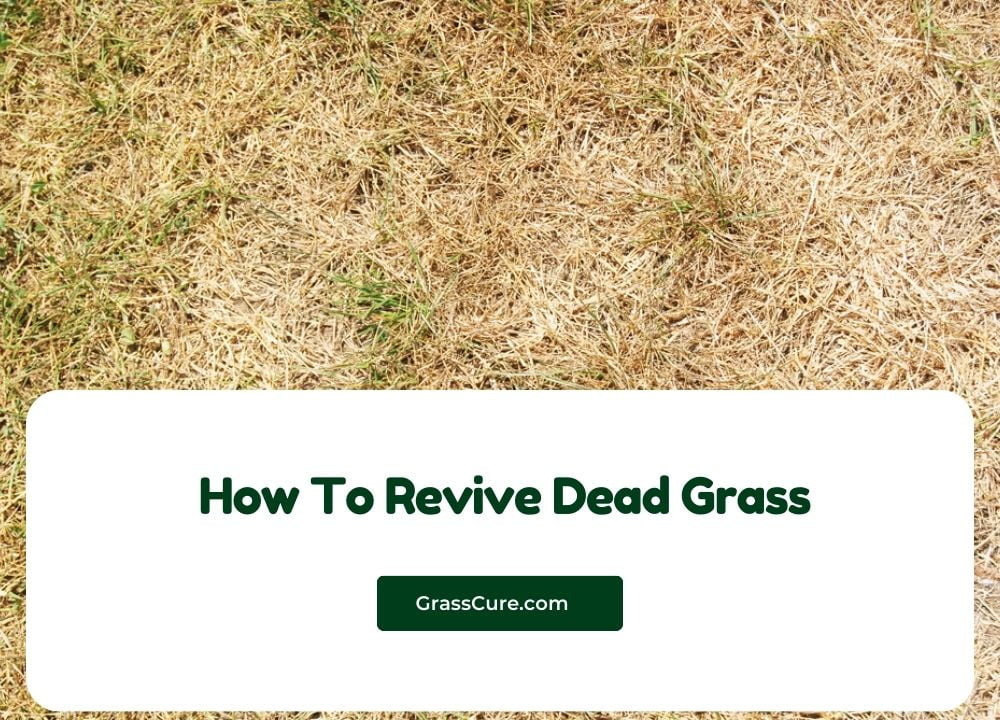It’s a common sight: your furry friend munching on the lawn. While it might seem harmless, your dog’s grass-eating habit can sometimes signal underlying issues. This article explores the reasons behind this behavior, potential health implications, and effective training methods to help your dog ditch the grassy snacks.
Contents
Why Does My Dog Eat Grass?
Dogs, like many animals, have a natural instinct to ingest certain things, sometimes as a way of self-medication. They might be trying to relieve an upset stomach or simply seeking a change in their diet. Some dogs also eat grass to get rid of unwanted stomach contents, which can be a sign of a digestive upset. It could also be a form of boredom; if your dog isn’t getting enough mental and physical stimulation, they might turn to chewing on grass as a way to occupy themselves.
Sometimes, it’s simply a matter of taste! Just like humans, dogs have different palates. A dog might enjoy the taste or texture of grass, making it a satisfying treat. It’s important to remember that grass isn’t inherently harmful, but some dogs seem to develop a particular fondness for it. Observation and understanding the triggers are crucial to addressing the issue.
Potential Health Concerns
While grass-eating is often harmless, it can sometimes be a sign of an underlying issue. If your dog is eating large amounts of grass or exhibiting other symptoms like vomiting, diarrhea, or lethargy, it’s essential to consult your veterinarian. These symptoms could indicate a more serious health problem. Eating grass might also be a sign of an imbalance in their gut microbiome.
Grass, in small amounts, generally won’t cause significant harm. However, if your dog eats large quantities of grass or ingests harmful substances with the grass, this can lead to a variety of health problems. Certain pesticides or herbicides on lawns could be a concern. Furthermore, some dogs might swallow dirt or other foreign objects while grazing, potentially causing blockages or other digestive issues.
Training Your Dog to Stop
It’s crucial to identify the triggers and the dog’s motivations for eating grass. A consistent training approach will yield the best results. If you notice your dog eating grass primarily after meals, try offering a more engaging chew toy or puzzle feeder to redirect their attention. Positive reinforcement, like treats or praise, is essential when discouraging the behavior.
Distract your dog with a fun activity or a favorite toy when you see them reaching for the grass. This helps teach them alternative behaviors that are more rewarding. Avoid punishment as it can often make the problem worse and damage your relationship with your dog. Remember, patience and persistence are key to any training endeavor.
Long-Term Solutions
Addressing the underlying reasons for grass-eating is vital for long-term success. If your dog is eating grass due to digestive issues, work with your vet to identify and address the root cause. Consider a balanced diet and regular exercise to maintain overall health and well-being. This can help prevent future digestive upsets.
Providing mental stimulation through interactive toys, puzzle feeders, or training sessions can also reduce the urge to eat grass as a form of boredom. A routine that includes both physical and mental enrichment can greatly reduce problematic behaviors. If your dog is eating grass out of sheer enjoyment, consider offering alternative palatable treats to satisfy that desire.
Understanding why your dog eats grass, recognizing potential health issues, and implementing appropriate training techniques can help you address this behavior effectively. By combining a proactive approach with a strong bond, you can help your dog ditch the grass and enjoy a healthier, happier life.






